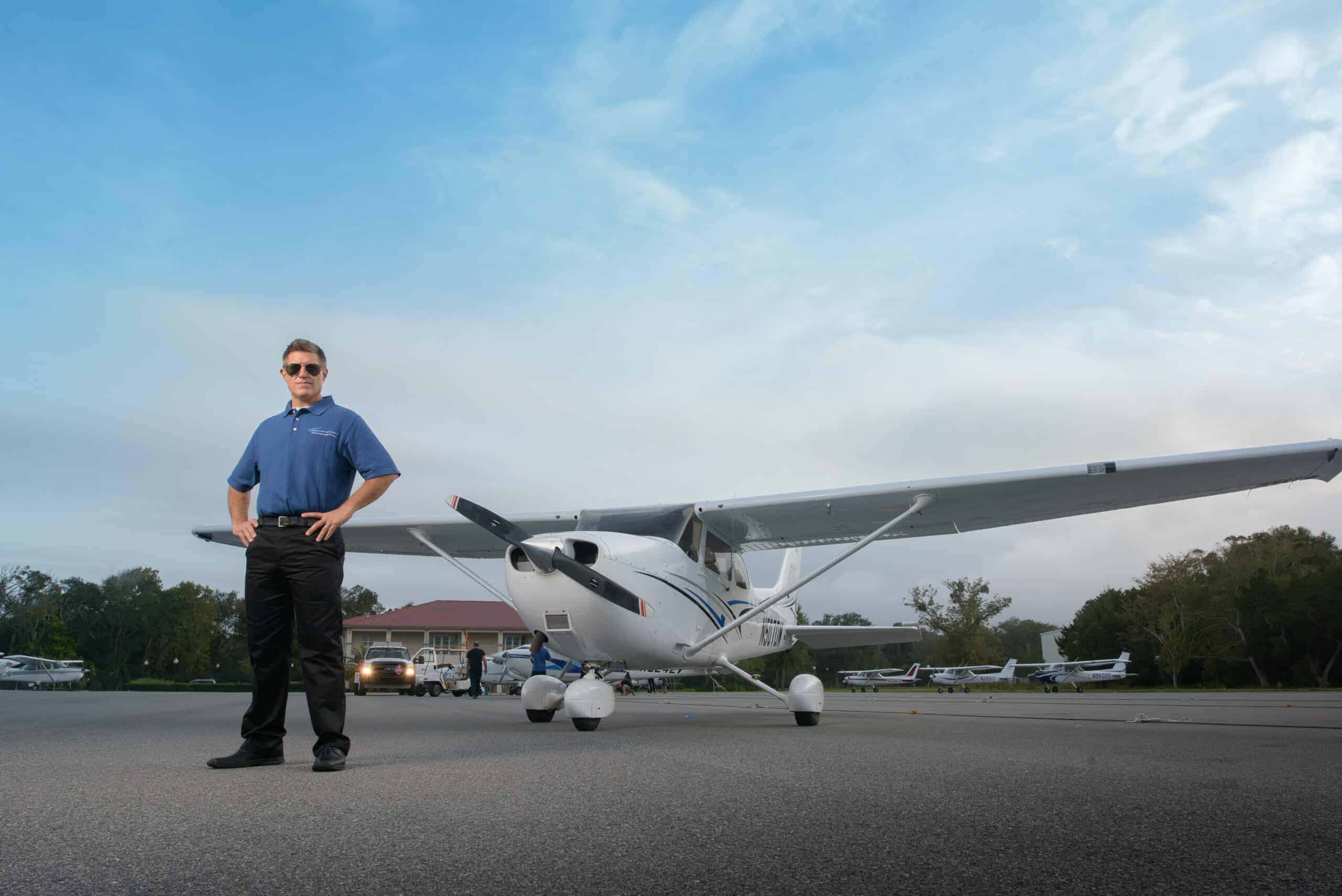For a lot of people who fly, it’s not only a job, it’s a calling. If your flight route leads you to one of the largest and most reliable cargo transporters in the entire world the destination becomes more meaningful. UPS pilots are more than just fly from point A-B. They are also accountable for time-sensitive cargo and maintaining the safety of passengers under stress.
This article will provide a thorough look at what you need to know about becoming an UPS pilot. This includes the credentials you need, the training programs, and the job itself.

Image credit: flightschoolusa.com
The role of a UPS Pilot: More Than Flying
UPS Aviators perform a distinct job as commercial passenger pilots. They are accountable for the delivery of documents, packages and other necessities across the country and internationally and often on tight deadlines. These pilots work in a work environment that’s high-risk and fast-paced, from managing aircraft with valuable cargo to navigating complex weather systems. They are also ambassadors of UPS. UPS brand and embody professionalism trust, reliability, technical know-how and dedication.
UPS pilots need to be able to handle everything, from preflight plans and emergency protocols, as well as communications with air traffic control as well as ground operations. It’s a job that requires not just precision flying, but also a strong sense of decision-making as well as sharp observation of the environment as well as a fervent dedication to safety.
UPS Pilot Qualification Standards Setting the Bar high
UPS does not just give control to anybody. UPS pilot qualification requirements are among the strictest in the aviation of cargo and this is for good reason.
Candidates should hold a bachelor’s degree in aviation, aeronautics or any related field. They must also hold an valid FAA Commercial Pilot’s License, which includes both Instrument and Multi-Engine Ratings. Most UPS pilot applicants have 2,000 to 4,000 hours of flight time, often including an experience with turbine-powered aircraft.
Medical fitness is another important factor. Pilots must also meet FAA requirements for health, including good vision and passing the comprehensive medical exams. Candidates must also be U.S. citizens or have an appropriate work authorization and be within the required age bracket of 23 to 65.
UPS believes in the importance of practical experience, technical expertise and professionalism. These qualifications were designed to ensure that pilots are able to cope with the requirements of international long-haul operations and UPS’s reputation for prompt deliveries and safety.
UPS Pilot Programs: Ready for the Future
Even after meeting the qualifications, new hires undergo extensive UPS pilot training programs to prepare them for the unique demands of the company’s aircraft and routes.
Ground school is the initial stage in the process of training, during which pilots are taught about UPS procedures, processes and company expectations. After that, simulator training sessions are conducted that simulate real-world emergency scenarios and flight conditions. Once they have achieved proficiency in the simulator and proficiency, pilots begin their Initial Operating Experience (IOE) and real flights, under the direction and supervision of senior UPS pilots.
These programs of training go beyond technical knowledge. They prepare pilots for operational efficiency, crew coordination, and real-time problem-solving–critical components of UPS’s global delivery infrastructure.
How to Become an UPS Pilot: Charting a flight path
If you are serious about becoming an UPS pilot the path to success should begin with a good flight training. Affliation schools that are reputable like Florida Flyers Flight Academy, provide foundational knowledge and hands-on training in navigation, aeronautics, and safety protocols.
From there, building flights hours in a range of aircrafts, including turbine-powered planes can help you improve your skills. Gaining experience in roles which emphasize safety, teamwork and time-sensitive work will make you a better candidate for a job with UPS.
Last Thoughts: A Career Which Offers More than Paychecks
It is not easy to become an UPS pilot. It requires dedication, technical mastery, and the ability to work under pressure. If you’re willing to the task, this could be one of the most rewarding professions in the field of aviation. It provides competitive compensation as well as travel opportunities across the globe, job security and an opportunity to play a important role in maintaining the world economy. If you’re hoping to fly with a purpose, the UPS cockpit might be the right seat.
